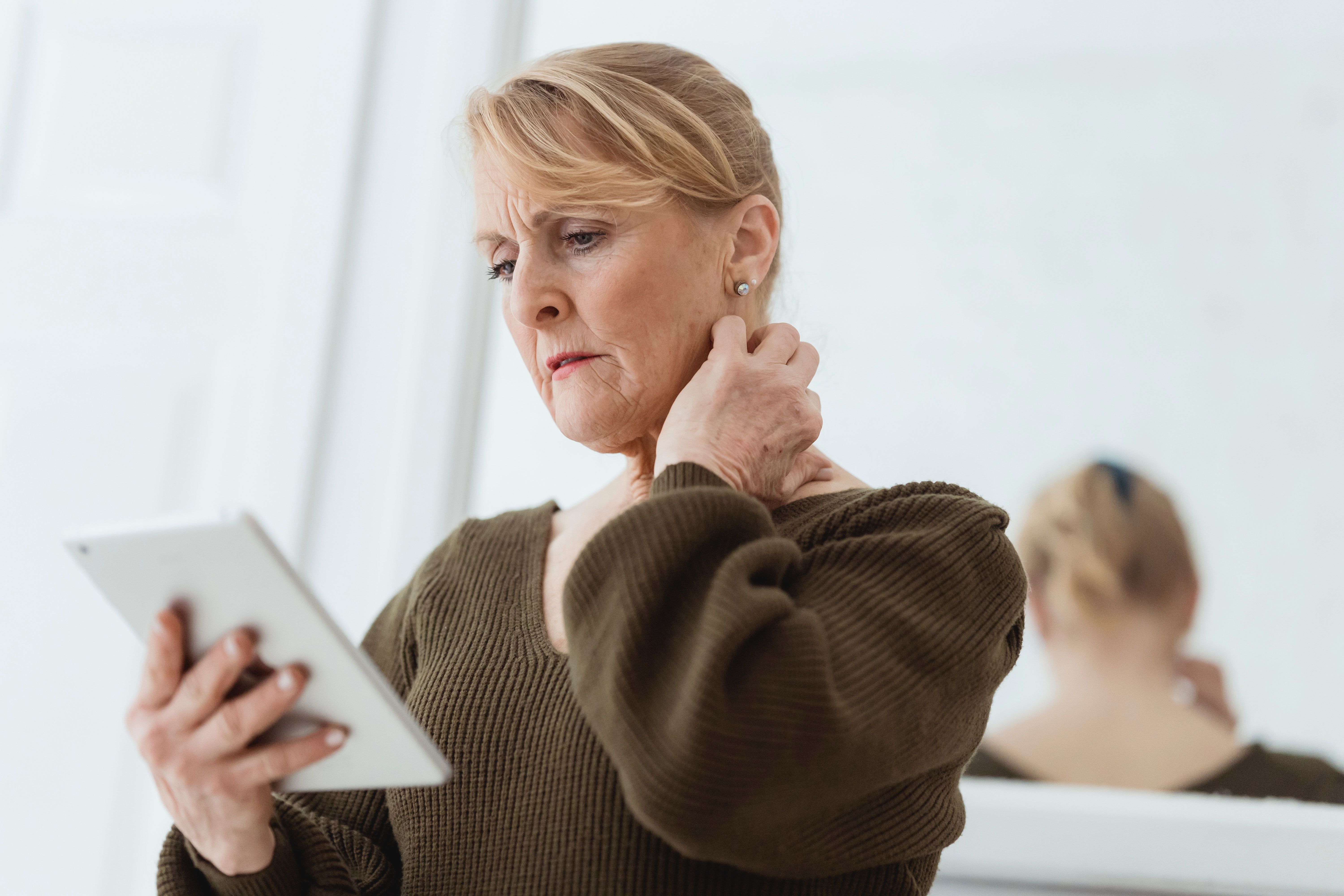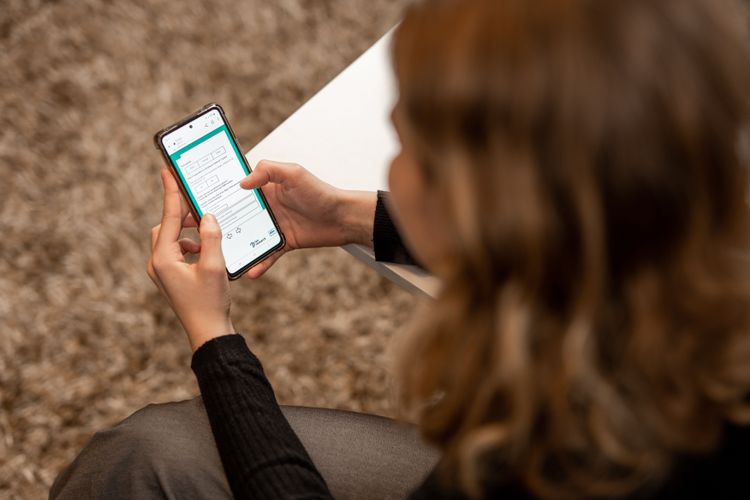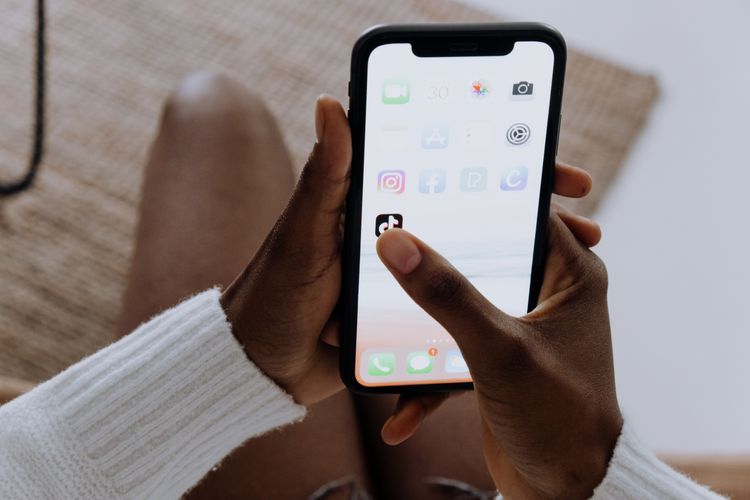
Jul 19, 2023, 4:00 am UTC
4 min
Created by
Mental Health Check: How to choose a mental health app that's right for you
Whether it's a family member, colleague, or neighbor, chances are you know someone who's having a hard time managing their mental health — it is estimated that more than 1 in 5 U.S. adults live with a mental illness.
And yet, access to mental health care in most parts of the world remains patchy. In fact, data from Mental Health America's most recent report reveals the situation is so dire that almost one-third of all adults with mental illness aren't able to receive the care they need.
No wonder mental health apps and other online tools have proliferated in recent years. They promise to improve access to expert advice and offer resources that are cheap and available anytime, anywhere, and to anyone.
These mental health and wellness apps now number between 10,000 to 20,000 on Google Play and in the App Store, and they're designed to help people with a range of mental health concerns — stress, anxiety, depression, mood, sleep, and eating disorders.
If you are thinking about using a mental health or wellness app, use this guide to learn how it can help you and the factors to consider before you trust an app to help you meet your health and wellness goals.
Do mental health apps actually work?
Mental health apps cannot cure mental health conditions. Still, they can equip you with useful tools for managing your mood, stress levels, and sleep, among other symptoms. These tools can range from journaling prompts, breathing exercises, guided meditations, mood monitoring, and other mindfulness techniques scientifically proven to improve mental health.
Ultimately, the idea behind most apps' design is to use the principles of a popular form of psychological intervention, Cognitive Behavioral Therapy, to help you learn how your thoughts, feelings, and actions are interconnected. For example, journaling prompts like "Reflect on a recent situation in which you experienced a strong emotion. What was going through your mind then?" can guide self-reflection and help you identify negative thoughts and behavior patterns.
But "psychiatry is a little messy," says John Torous, a psychiatrist at Beth Israel Deaconess Medical Center in Boston. "People bring different circumstances, they use different technology, they have different digital literacy, and they have different goals." If a mental health app works for a friend, it doesn't mean it'll be helpful for you, too. But, in general, these apps are most effective for people with mild mental health concerns.
Are mental health apps a substitute for traditional therapy or treatment?
Mental health apps are not designed to diagnose mental health conditions or replace traditional therapy with an expert, and they work best when used in conjunction with other forms of support.
Therapists often work with patients to build an alliance, understand their medical history, and offer personalized approaches that fit their patient’s unique needs. On the other hand, mental health and wellness apps tend to offer more generalized advice, and they may not capture the entire range of symptoms an individual is experiencing. For these reasons, apps are generally less effective in managing mental health than face-to-face therapy.
Experts recommend using mental health apps to facilitate skills you've already learned in therapy when you cannot get as many sessions with your therapist as you'd like or while waiting to see a therapist when you do not have impairing symptoms.
What factors should I consider while choosing a mental health app?
It's important to remember that mental health is personal, so looking at star ratings of different apps in your quest to find the best one isn't particularly helpful. Instead, Torous says, you should research what reviewers from different backgrounds and with varied needs say about their experiences using the app. This, and a range of other factors, will allow you to make an informed decision:
Credibility and effectiveness: Not all mental health apps are developed by reputable scientists and organizations. Research who the app's developers are, their expertise, and whether they've conducted research to support the app's claims.
Privacy and data security: Everyone has a different comfort level when disclosing personal information. It's always good practice to look at the app's privacy policy, which includes what kinds of data the app has access to and what practices are in place to protect this information. Look for apps that will not collect your data and sell it to third parties.
Features and functionality: Mental health apps are only effective if the user experience is pleasant. Ask yourself, "Is this content engaging for me?" or "Am I getting confused while navigating the app's different features?" It's okay to ditch an app if it's glitchy, slow to function, crashes often, or isn't what you're looking for.
Integration with professional care: Most apps, at least currently, aren't integrated with existing healthcare systems. But as the technology improves, it may be possible for you and your therapist to collaborate on an app so you're up to date on your treatment plan and know what lies ahead. For now, though, think about using an app that will allow you to practice skills you're learning in therapy, such as journaling or mindful breathing, so you can get better at them.
Questions to ask yourself
Before you commit to a new digital tool for mental health, ask yourself these questions:
-
Does the tool have features I want to use?
-
Am I confident the tool is accurate, effective, and trustworthy?
-
Does the tool seem user-friendly? For example, is it easy to navigate? Do I understand what to do next?
-
How much does it cost to use the tool? Is there a one-time cost, or do I need to keep paying?
-
Does the tool have clear privacy and security policies?
-
Is it clear what personal data is being collected and why? How much personal data am I comfortable sharing?
-
Can I find more information on the tool as I learn to use it?
-
Am I comfortable with the language used in the tool?
Source: Centre for Addiction and Mental Health (CAMH) and Canada Health Infoway
What if I don't know where to start?
With the sheer volume of mental health apps available today, it's a daunting task to pick one or even to know where to start. Here are credible resources you can trust in your online wellness journey:
Mind Apps: Torous and his colleagues at Beth Israel Deaconess Medical Center have reviewed hundreds of apps for a range of mental health concerns. The Mind Apps database, updated regularly, dives into each app's background and includes information on cost, security and privacy, features, and whether claims are supported by research.
One Mind PsyberGuide: The website, run by experts at the University of California, Irvine, annually reviews hundreds of mental health apps for credibility, user experience, and transparency.
APP Advisor: This initiative by the American Psychiatric Association uses a panel of experts, which Torous is a part of, to train mental health professionals on how to screen mental health apps. While you may not be able to use these resources directly, ask your therapist or another expert if they think a mental health app may be right for you.
Subscribe to our newsletter
Get a weekly roundup of articles, inspiration, and brain health science in your inbox. Subscribe now.


